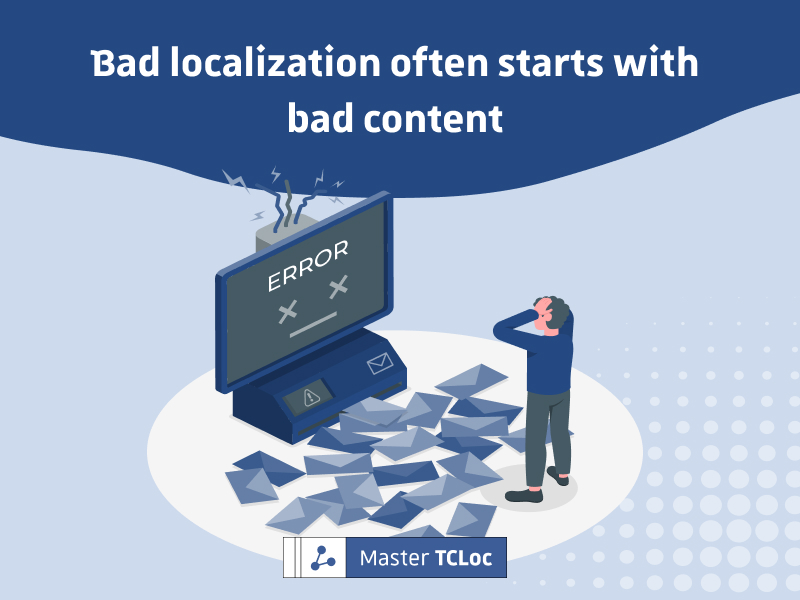In the world of languages and translation studies, one profession is often looked down on. Indeed, few students truly understand the roles of a localization project manager, and quite often the profession isn’t made attractive by the courses offered in most language degrees.
Let’s see how this can actually be an exciting career for you, and share a few project management tips for those who are considering entering the industry as a localization project manager.
What to do after a language degree?
New language graduates often doubt about what to do next and how to use the knowledge acquired during their studies.
Even though most project managers do not have a language background in the first place, it is a career particularly suitable for any graduate in this field.
What’s more, profiles with a translation background tend to be more appreciated by LSPs; a good understanding of the industry, as well as knowledge of the related tools and processes that your translators are using, is essential. It helps build successful relationships with your vendors, as well as provide thorough quality assurance – and these two tasks are crucial aspects of the profession.
Why is localization project management an exciting career?
Contrary to popular belief, working as a PM is not just about sending emails.
In an LSP, every day is different. You deal with various clients, vendors and types of requests, and even though it can be stressful at times, it is also a job where you will never be bored.
The multiple roles of a localization project manager
Working as a LPM also allows you to experience various roles, e.g. getting involved in:
- Research: new technologies such as Neural Machine Translation (NMT), CAT tools and automation processes are key in the industry so keeping up to date is an important aspect of the job.
- Business development: when it comes to meeting and counselling new and existing clients and helping to better sell your services.
- Negotiation: such as discussing rates with clients and vendors.
- Orchestration: when setting up a workflow, you’ll be dealing with all the project’s stakeholders, ranging from clients to translators, voice talents, typesetters and more.
- Data analysis: you’ll receive feedback from clients and try to identify what made a project successful or unsuccessful, the latter being a good occasion to learn from your mistakes and get better at your job.
Project management tips and resources
As well as experience, becoming a good PM requires learning project management good practices, but bear in mind that no one is perfect.
Negative feedback from clients does happen, as in every profession, and it is important not to be afraid of it.
In fact, it is a great way to refine your processes and to learn new project management tips. Also, learning how to sort out your priorities when dealing with many tasks at the same time is crucial.
Being a PM can be a stressful job at times, and failing to identify what is both important and urgent can put you under a lot of pressure.
No one is born a localization project manager
The good news is that localization is a friendly industry where a lot of help is provided and project management tips are globally shared.
You can find plenty of specialized resources, especially from leading localization associations such as GALA (which the University of Strasbourg recently joined) and ELIA, which holds the annual “Focus PM” event and published a series of handbooks for smart PMs. These handbooks contain many useful project management tips, and are among the best resources in the industry.
If you wish to learn more about project management in the TCLoc Master’s Degree, you can download our brochure.



